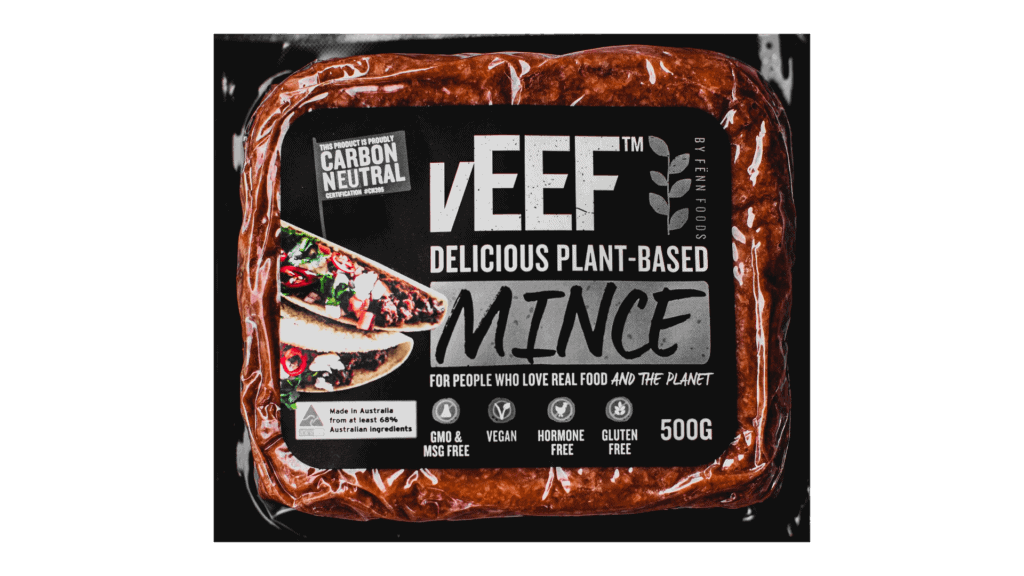According to the non-profit organization Food Frontier, the alt protein industry in Australia and New Zealand has grown tenfold in the past few years, but the pace of growth has created bottlenecks in the supply chain.
The plant-based meat market in the region is expected to generate nearly $3 billion in domestic consumer sales by 2030, with 169,000 tonnes of end product produced over the period. This comes after the number of producers grew from just four in 2018 to more than 40 this year.
“There are exciting opportunities for grain growers to tap into this emerging market.”
However, there are currently constraints in terms of infrastructural capacity, shortage of skilled labor and limited local supply of crops and other inputs. This may provide an opportunity for farmers, who can benefit from the production of pulses and beans required for the production of high-quality protein isolates.
Meanwhile, businesses need to invest in infrastructure to process these crops; Currently, there is only one operational pulse fractionation plant in Australia.

“Exciting Opportunity”
The Australian government has already invested significantly in the country’s alt protein industry; Last year, the region committed $113 million to build three new plant protein facilities to make South Australia a “hub for plant protein production”.
The government has invested in B2B alt meat producer Harvest Bee’s production plant, along with a grant to Wide Open Agriculture to scale up the company’s oat milk, rich in lupine protein.
“Agriculture Victoria recognizes the growth potential of alternative protein and other emerging sectors and believes these industries offer significant opportunities to create jobs, expand income streams and target new markets and consumers,” said Sarah-Jane McCormack, Executive Director of Agriculture Victoria Policy and Programs. “As global protein demand increases and consumers seek new protein sources, there are exciting opportunities for grain growers to tap into this emerging market, supported by Agriculture Victoria’s cutting-edge research.”
Food Frontier will discuss ways to address plant protein supply chain issues at its AltProtein 23 conference in October. Those interested in participating in the event can register here.

